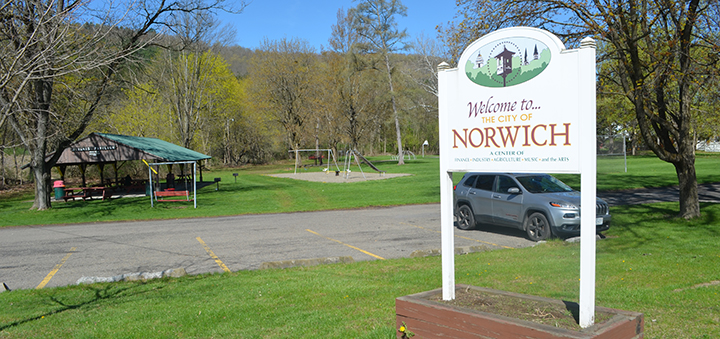Wintry Weather Threatens To Snarl US Holiday Travel
Published:
November 26th, 2019
By DAVID KOENIG and THOMAS PEIPERT Associated Press
DENVER (AP) — A strong storm expected to drop up to a foot of snow (0.3 meters) in parts of Colorado and Wyoming on Tuesday prompted airlines to announce travel alerts and the National Weather Service to issue blizzard and wintry weather warnings from the Rocky Mountains to the Great Lakes.
About a quarter of Denver International Airport’s 1,500 flights on Tuesday were canceled, and airport officials said more cancellations were likely.
“There’s still a lot of uncertainty with this storm,” said airport spokeswoman Emily Williams.
The storm was expected to move into the Plains later Tuesday, bringing high wind and more snow to Minnesota, Wisconsin and upper Michigan.
It could bring another round of snow to the Upper Midwest from Thursday through Saturday, and a chance of snow this weekend in interior New England, said Alex Lamers, a National Weather Service meteorologist.
“That could be a coast-to-coast storm,” he said.
It also could mean disappointment for fans of the larger-than-life balloons flown at Macy’s Thanksgiving Day Parade in New York.
Organizers were preparing for the possibility that they’ll have to ground the iconic balloon characters, given 40-50 mph (64-81 kph) gusts in the forecast. Rules put in place after several people were injured by a balloon years ago require lower altitudes or full removal if sustained winds exceed 23 mph (37 kph) and gusts exceed 34 mph (54 kph). The decision will be made on parade day.
The Minneapolis-St. Paul metropolitan area could see its biggest November snowfall in nearly a decade, and travel is northwestern Wisconsin “is going to be chaotic,” said National Weather Service meteorologist Brent Hewett.
The Minneapolis airport could be hit, but Chicago, with its two big airports, should only see rain from the storm, weather service officials said.
The second storm, brewing in the Pacific, was expected to hit the West Coast on Tuesday afternoon or evening, bringing snow to the mountains and wind and rain along the coasts of California and Oregon.
Dangerous winds from the gathering storm on Monday flipped a tractor-trailer, downed power lines and temporarily closed a stretch of U.S. Highway 6 south of Yosemite National Park near Bishop, California.
This month, AAA predicted that the number of travelers over a five-day stretch starting Wednesday will be the second-highest, behind only 2005, despite rising costs for a road trip.
At the start of the week, a gallon of regular cost $2.59 on average, up 3 cents from a year ago, and rental cars averaged around $75 a day — their highest Thanksgiving price since AAA started keeping track in 1999. Hotel rooms are a mixed bag, with prices falling from last year at highly rated hotels but rising slightly at midrange ones.
People might feel they can afford a trip because of low unemployment, rising household net worth, and the stock market’s continuing strength.
For those who are flying, the airlines expect traffic to be up about 4% from this time last year. Airlines added about 850 flights and 108,000 seats per day on average to handle the increase over last year’s crowds, according to the trade group Airlines for America.
Airline travel before Thanksgiving tends to be spread out over several days, but most people want to go home on the Sunday or Monday after the holiday.
American Airlines plans to operate 7,046 flights Sunday, just one less than on Aug. 8, its heaviest schedule this year. In all, 22 of American’s 23 busiest days occurred during the summer vacation season, with this Sunday being the only exception.
“Everybody talks about Thanksgiving being a busy travel time, but summer is Thanksgiving week for the entire summer,” said Ross Feinstein, a spokesman for the airline.
Comments






